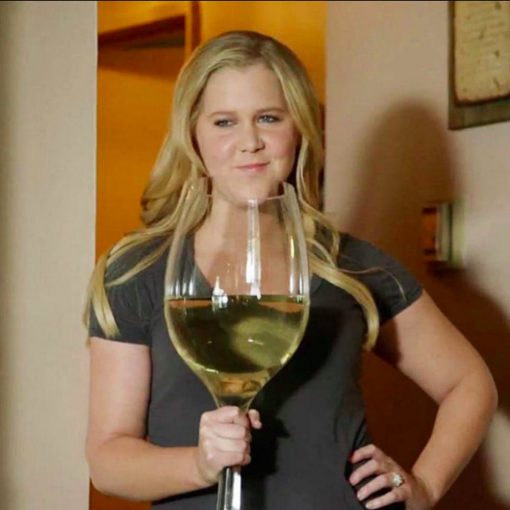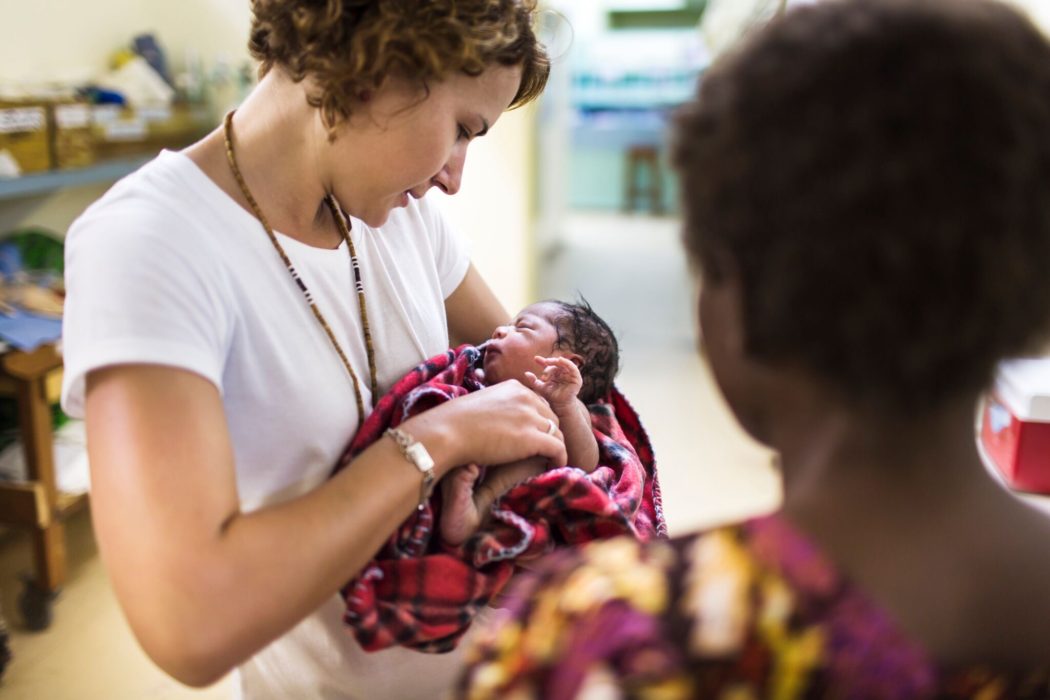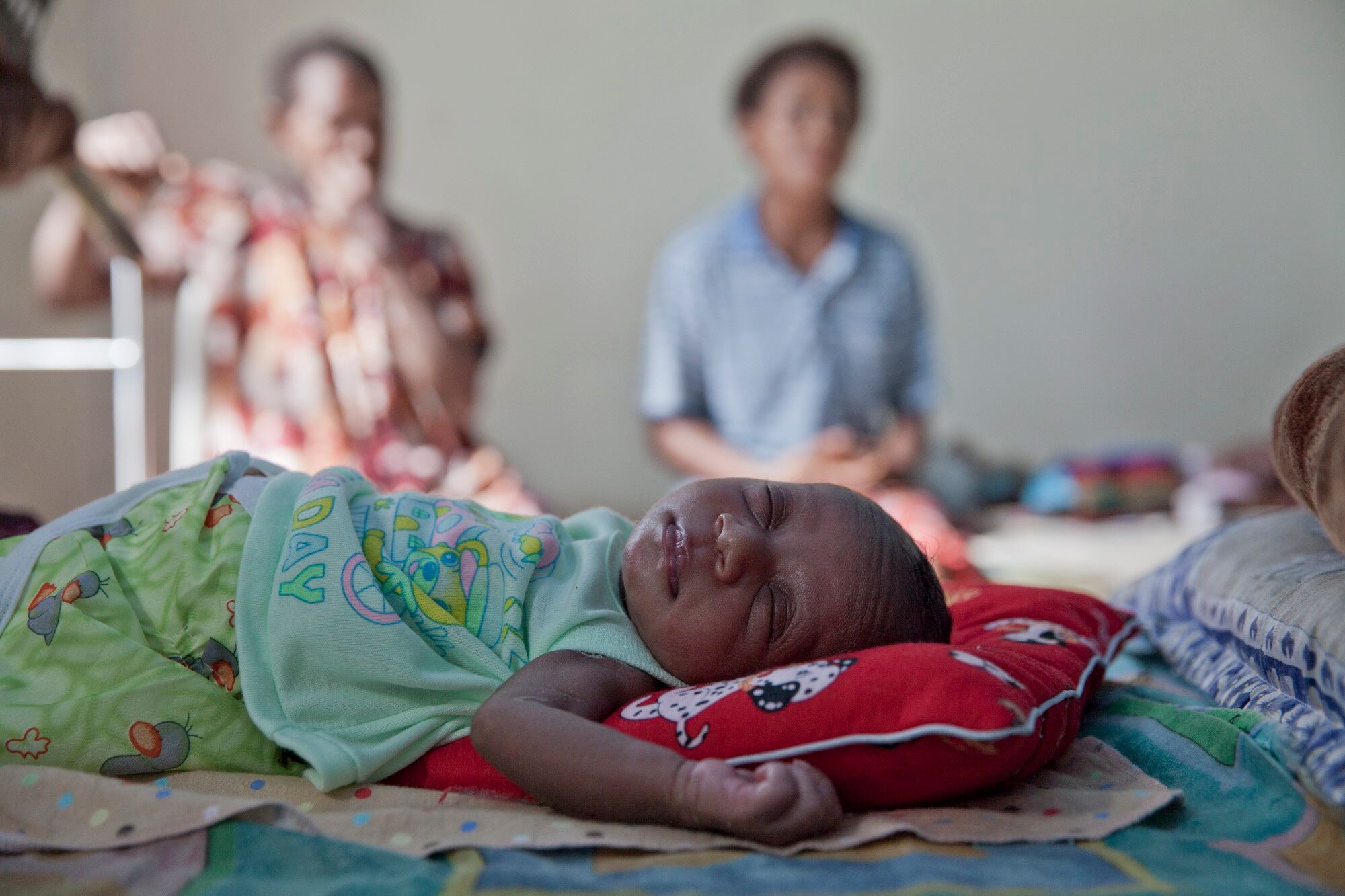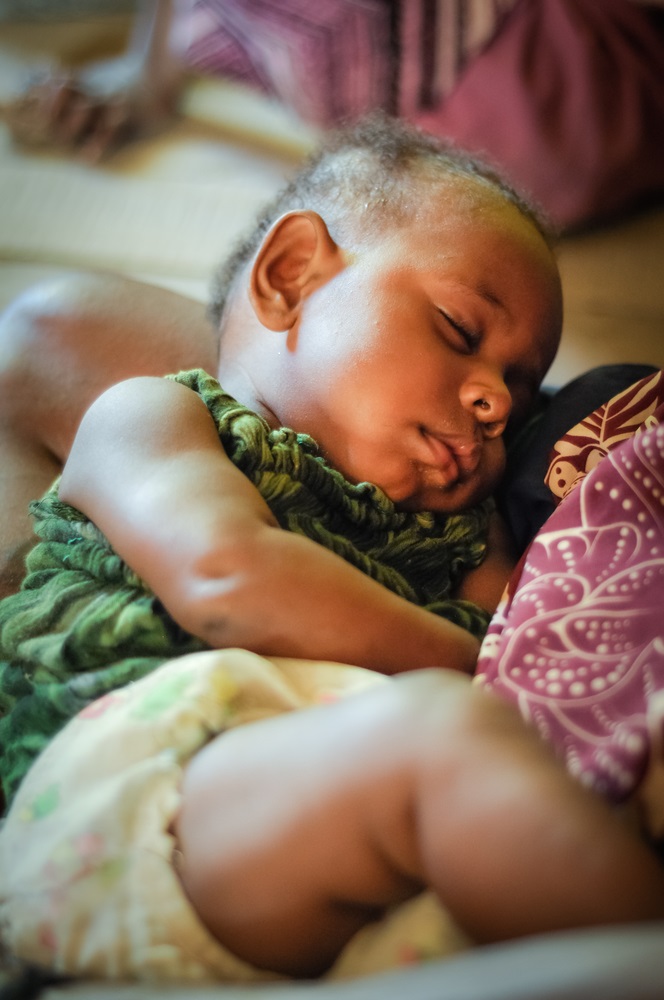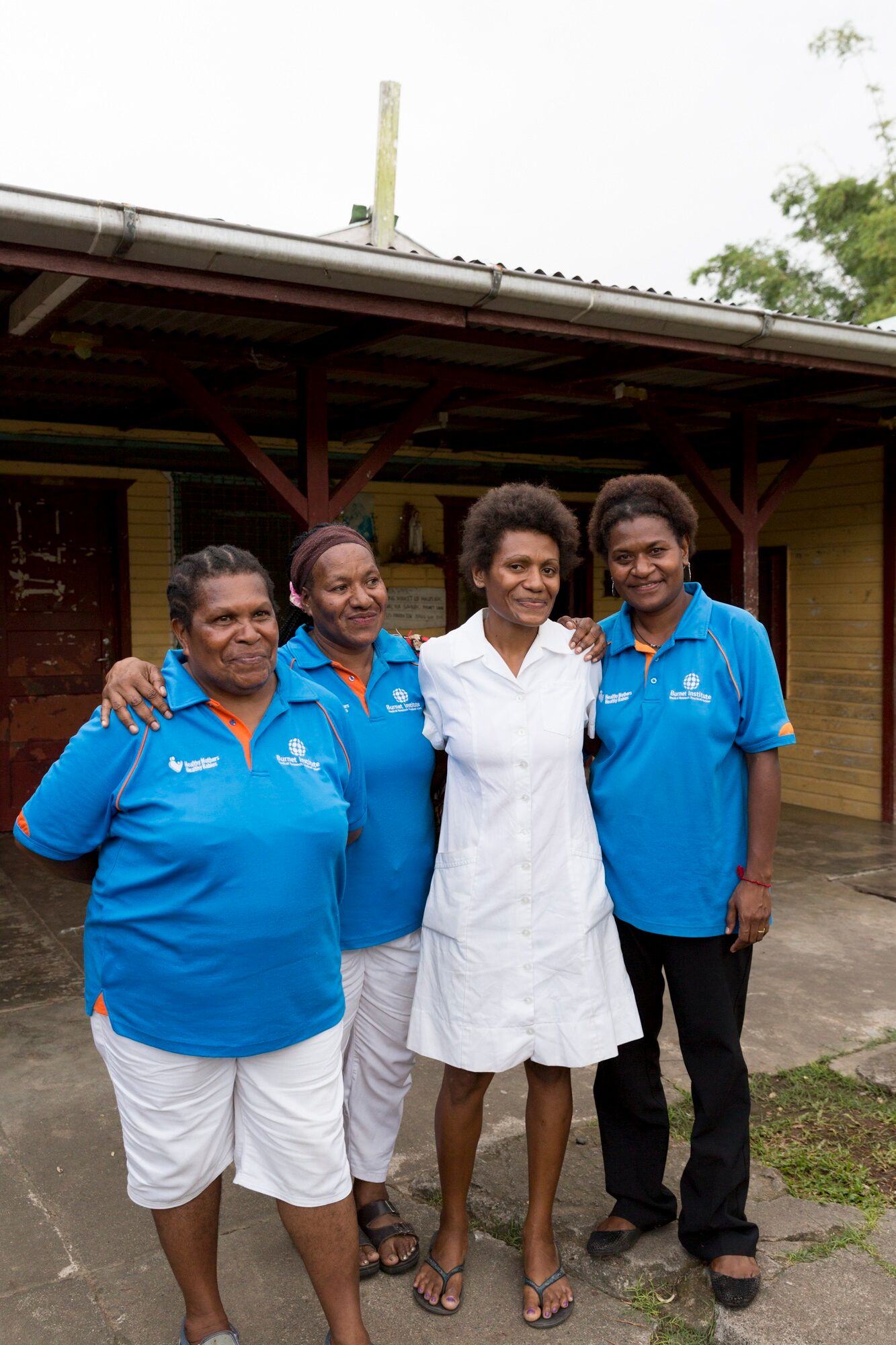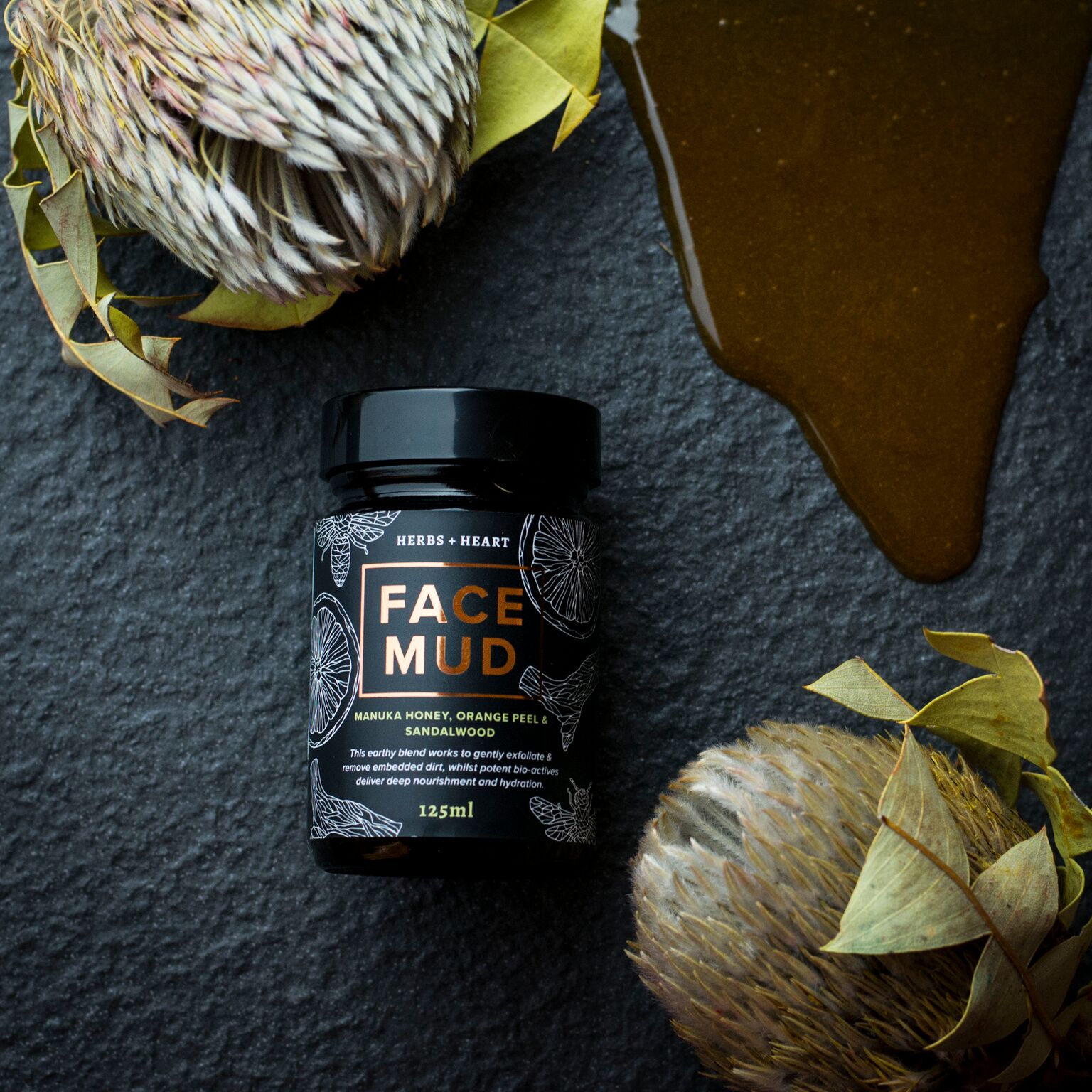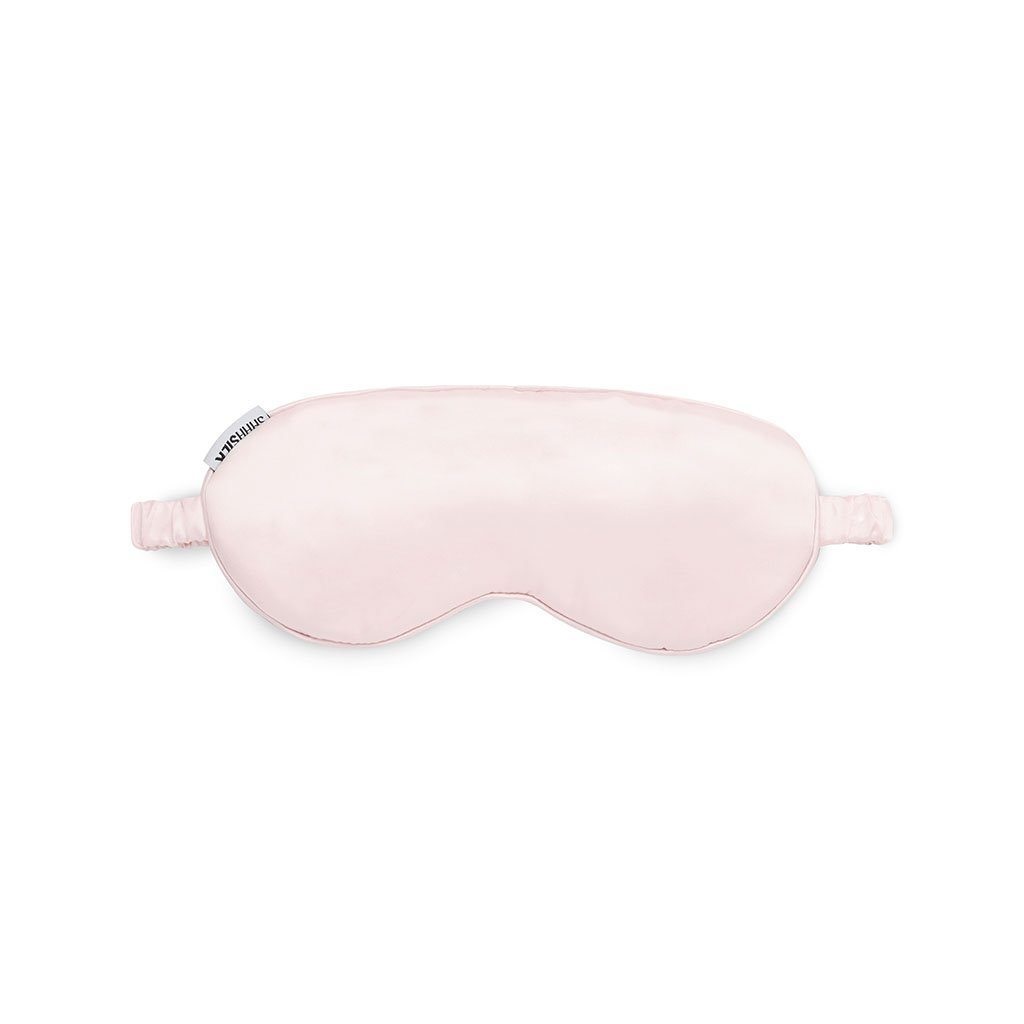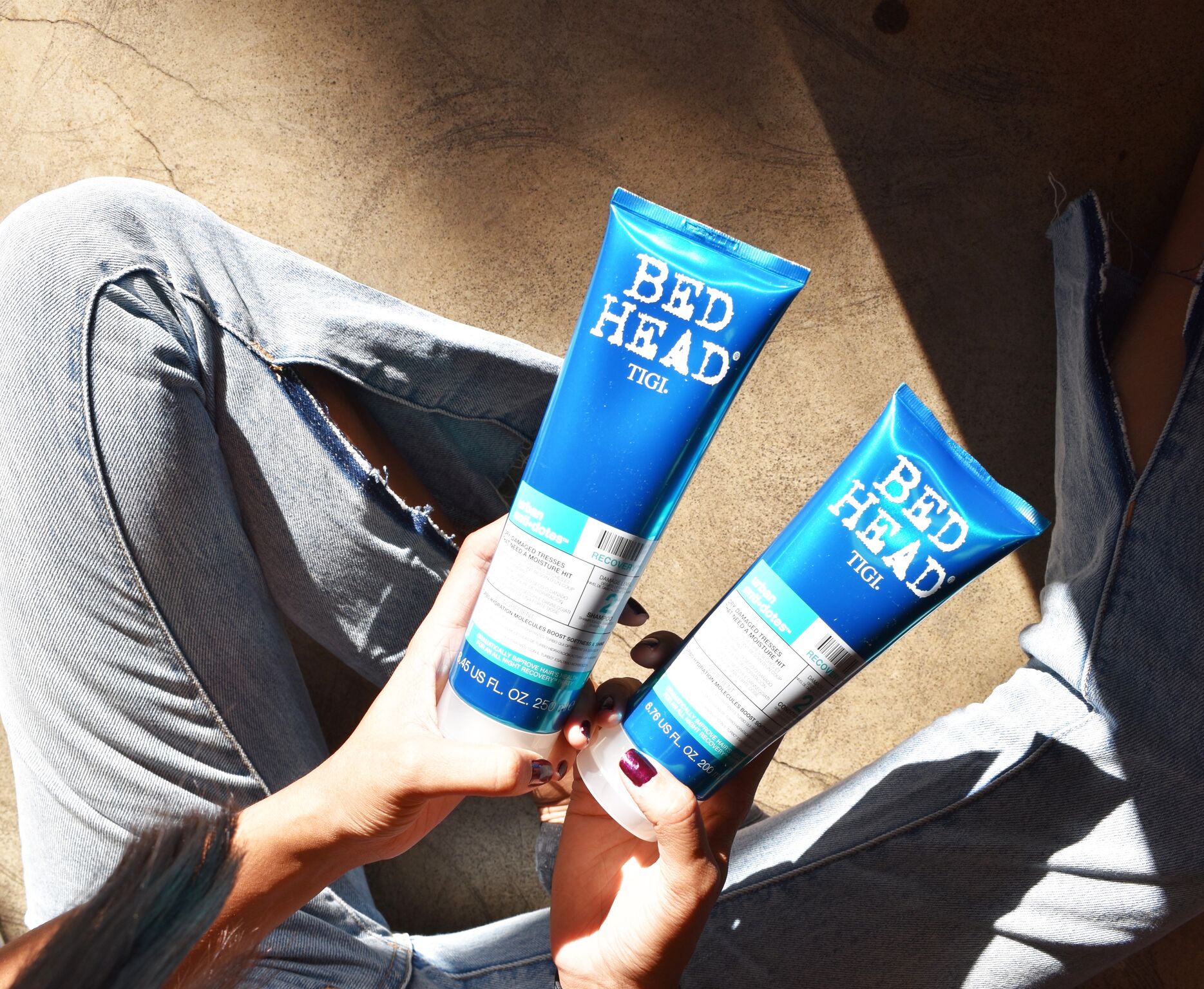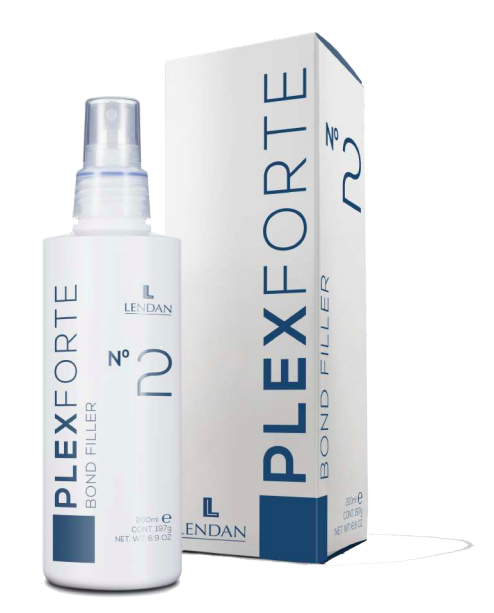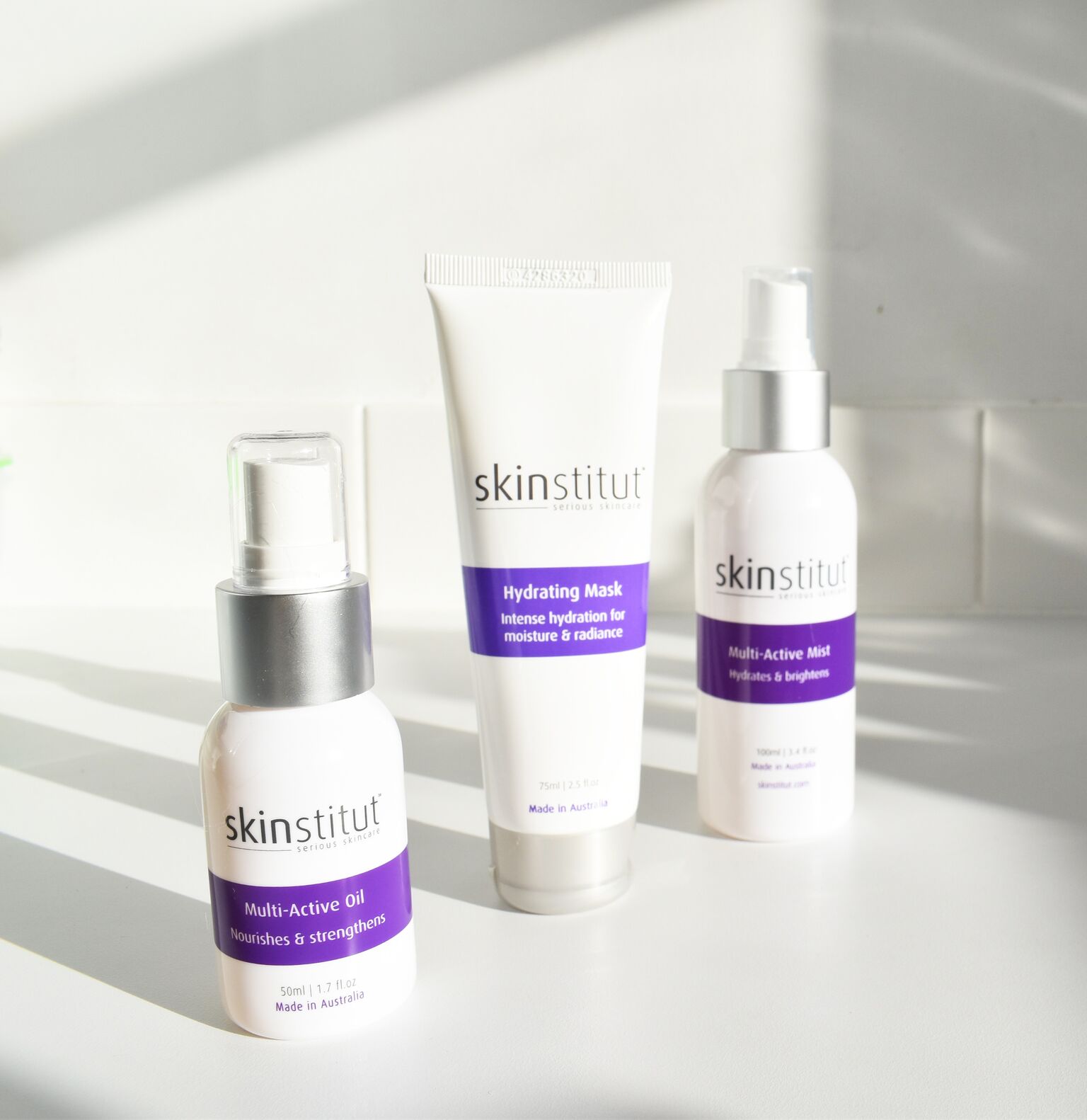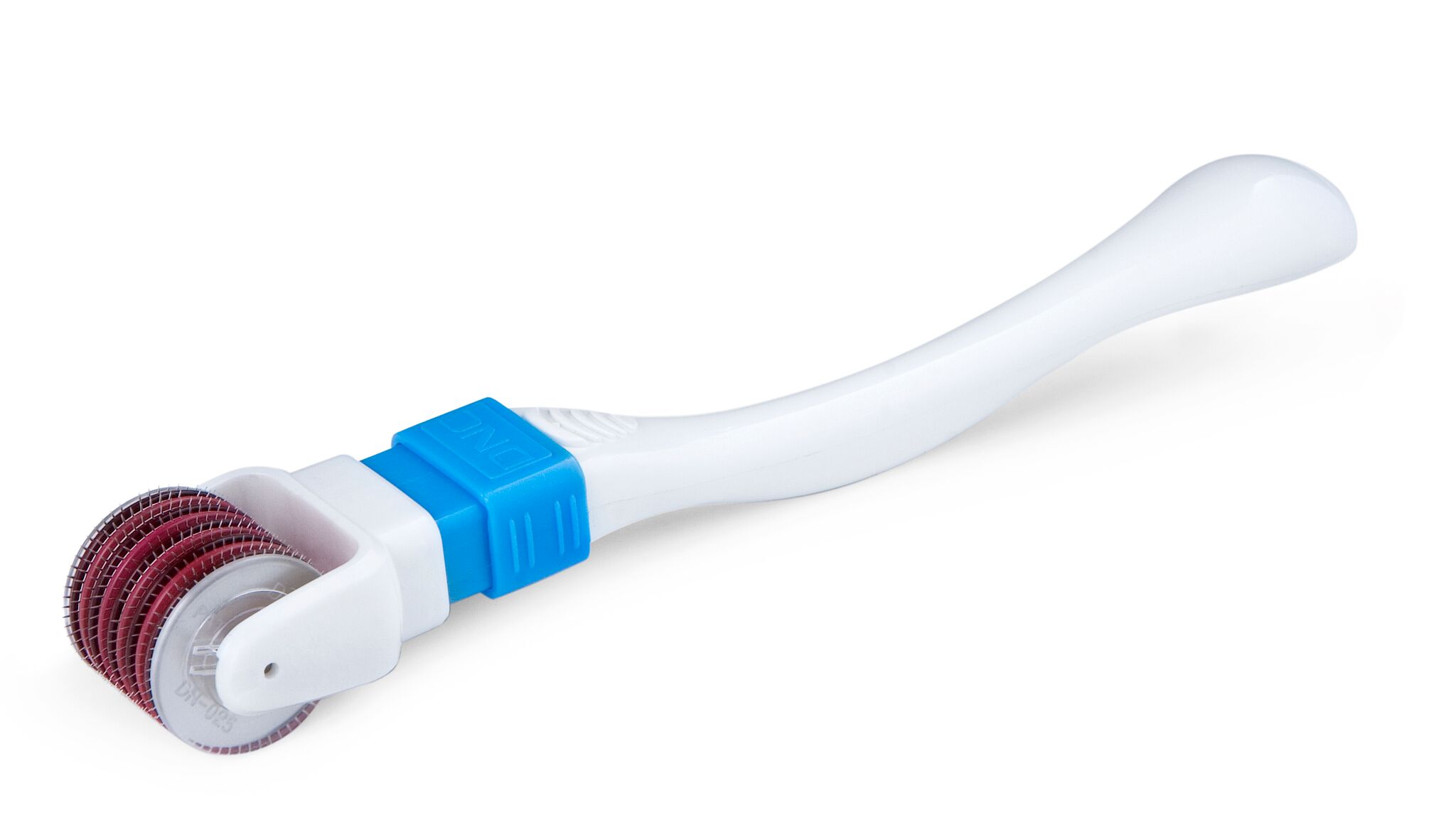Wine Mom Culture has become a massive phenomenon, both in social media and in real life. But is a culture that promotes drinking as a reward actually healthy?
“I’ll definitely need a glass of wine tonight,” I recently told a friend as I recounted a stressful week with my kids. “Parenting is making me crazy.” Though my friend laughed and nodded in agreement, I realized that, without thinking, I had personified a meme I have frankly always been disturbed by: The Wine Mom, the perpetually-stressed-yet-zany parent whose eyes are glued to the clock, waiting for the appropriate time to indulge in her nightly glass.
In recent years, the “wine mom” has both shaped online content and positioned companies to strategically market wine-themed products — and actual wine — to young moms. In addition to content glorifying alcohol consumption, the wine mom has gotten her fair share of space in think-pieces pointing out why, exactly, a culture that promotes drinking as a reward is problematic for women. Although the ritual of a nightly glass of wine isn’t in itself automatically detrimental, it does speak to a broader issue: Drinking among moms is increasing, and joking about it undermines the problem.
According to a study conducted by the nonprofit research organization ChildTrends, the percentage of mothers who drank at least moderately spiked by nearly 25 percent between 2004 and 2014. And among two-parent families in 2014, three percent of mothers reported routine heavy drinking. Whether women employ a single glass of Pinot or a whole bottle to abate their stress, “wine mom” gives them a permissive smile and a nod as they do so.

Photo Designed by Freepik.
And therein lies one of wine mom’s fatal flaws: Her caricature is both pointed and broad enough to appeal to women with a variety of drinking habits and histories. Wine mom simply likes to drink, and her buzz-inducing weapon of choice is almost always portrayed as a well-earned stress reliever. Without consideration of a woman’s past (including the potential of predisposition toward addiction), the meme paints a stressful picture of motherhood and, in so doing, prioritizes alcohol as both a reward and an escape — and therein lies the problem.
“The spread of the ‘wine mom’ across social media normalizes the idea that motherhood is stressful, but drinking will help,” says Whitney Hawkins, a Miami-based psychotherapist specializing in substance abuse and addiction. “There is nothing wrong with drinking in moderation, but the idea that drinking is the only way to get through motherhood is a damaging concept. It also completely leaves mothers who are prone to addiction out of the equation and makes alcohol consumption a normal means of dealing with the stress of motherhood.”
Molly Davis, life coach and author of BLUSH: Women and Wine, experienced “wine mom” culture before it evolved to a meme, and eventually saw the impact of looking to alcohol as an emotional escape. “When I was raising my daughters, almost every mom I knew drank wine almost every night,” she said. “Wine has become a very classy-looking coping mechanism for women to deal with stress, dull pain, and avoid uncomfortable issues, emotions, conversations, and relationships that are calling for our clear-headed attention.”

Davis’ own evening wine habit, she said, affected her relationship with her children. “My own daughters knew me with a glass of wine in my hand in the evening, and the smell of it on my breath when I read to them,” she told Brit + Co. “And while I didn’t drink my way through a bottle of wine at night, I do know that there were times that I wasn’t as present as I could have been for my daughters.”
While moderate drinking may make a more subtle impact on one’s personal life and family relationships, heavy drinking has more serious repercussions. Of course, there are long-term risks to routine heavy drinking, like alcohol dependence, liver damage, and certain kinds of cancer. But there are also more immediate physical and emotional repercussions to alcohol abuse. Beyond the potential of a brutal hangover, regular heavy drinking can cause dehydration, weight gain, sleep problems, and even increase the risk for mental health concerns like depression. In many ways, this means alcohol, especially when it’s abused, can actually make the problems women are trying to mask worse, which is a pricey tradeoff.
Along with the physical buzz that comes with it, alcohol significantly affects the brain. Because consuming alcohol helps shut down higher order brain functions and decreases rumination and thought, it can have a mental/emotional numbing effect that’s appealing in times of stress. However, experts say the continued use of alcohol as a coping mechanism can make matters worse over time.

“Alcohol is both addictive chemically and psychologically. This means that with continued use, especially during stressful situations, you can end up completely dependent on the substance,” said Hawkins.
There’s also the issue of building a tolerance over time with regular use of alcohol, which can also lead to alcohol abuse. Say you only need one glass of wine to relieve stress now. If you continue to drink regularly, you will likely need more alcohol to get the same effect over time, said Hawkins. This is why we see people who can put away a large amount of alcohol without becoming inebriated; their body has built up a tolerance.
Ultimately, Hawkins says the wine mom’s offer of escape by way of alcohol — though enticing in moments of stress — isn’t worth the long-lasting repercussions. Like any other mode of self-medication, drinking to escape the hard parts of motherhood simultaneously glosses over and perpetuates deeper emotional issues.
“Using substances for mental health issues is a band-aid on a bullet wound. If you are experiencing feelings and emotions that are detrimental to your daily functioning, alcohol will not improve them,” says Hawkins. “It will only mask the feelings temporarily, leaving you with a headache and more problems in the morning.”
The article was originally published by Brit + Co. and has been republished with permission. View the original article here.



